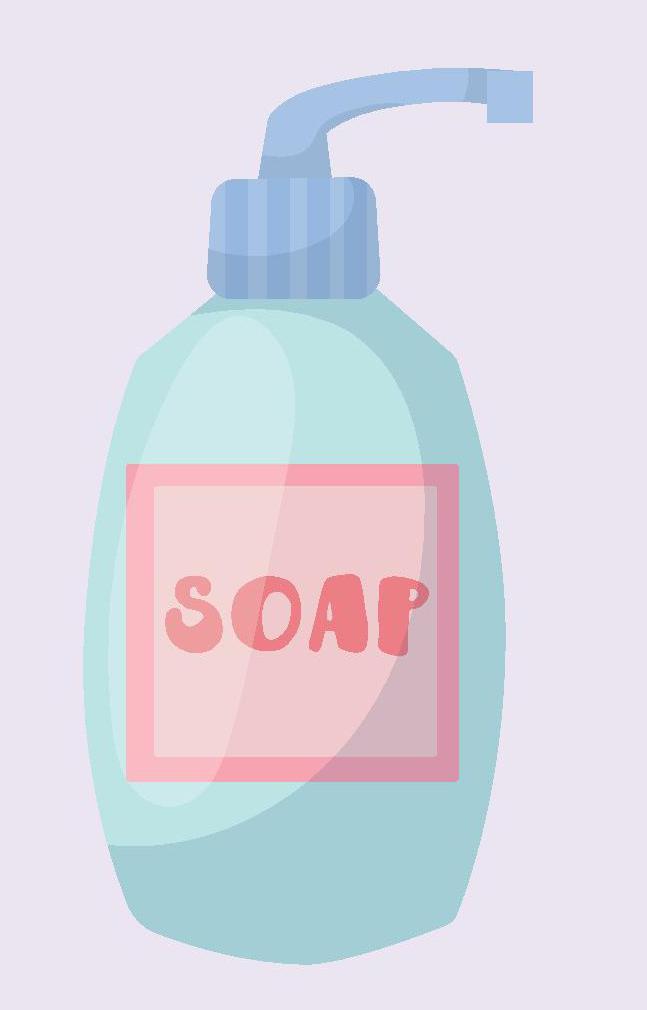
Obsessive Compulsive Disorder (OCD) is an anxiety disorder that affects approximately 1–2% of the UK population. Patients experience obsessions (for example, thoughts), compulsions (for example, repetitive hand-washing) or both. Almost half of those who experience such symptoms also have extreme fears about touching something they feel is somehow ‘contaminated’. As a result, they may feel compelled to scrub their hands, in some cases, until they bleed. Conventional treatments (for example, SSRIs, CBT) may help just over half of people with such experiences and may also have a range of unpleasant side effects (Soomro et al. 2008).
Recent research by Jalal et al. (2018) involves patients using a smart phone app that showed short video recordings of people engaging in hand washing four times per day for one week (a form of ‘vicarious cleansing’). A second condition showed people repeatedly touching a disgusting object (a toilet seat that was made to look like faeces in the video — rather than in reality!). A third control condition involved repeated hand movements but without any disgusting objects. As predicted, patients in the first two conditions showed improved ‘cognitive flexibility’ (a psychometric measure of how they thought about their condition) and in turn their overall OCD symptoms were reduced.
Your organisation does not have access to this article.
Sign up today to give your students the edge they need to achieve their best grades with subject expertise
Subscribe




